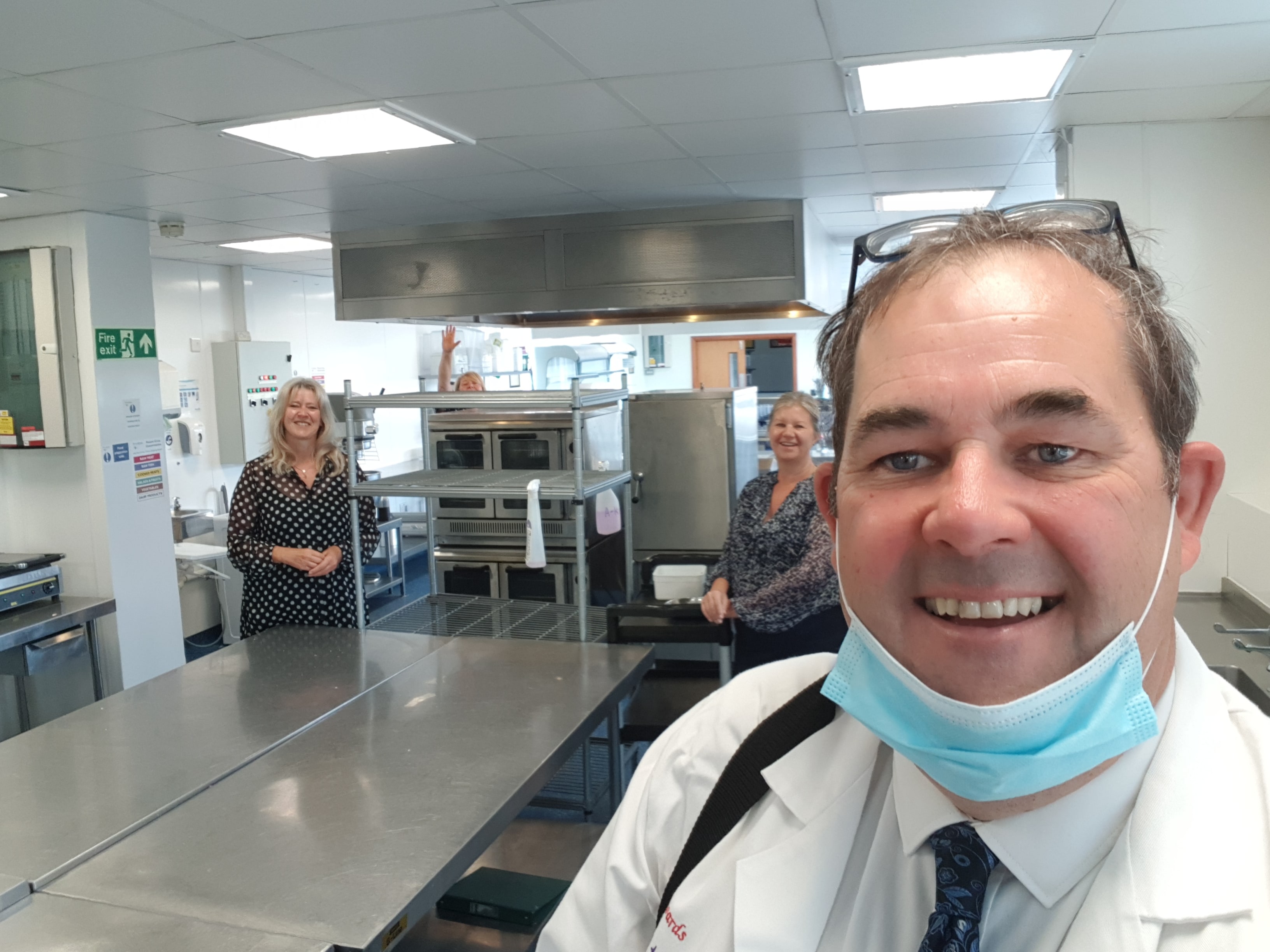
It was an extremely odd period in March 2020 when GY5 Food Service Consultants, which specialises in education catering, participated in mobilising the de-mobilisation of school catering operations.
Phone and email activity was hectic and for many days schools and caterers were either closing one day or the next then re-opening and quickly re-closing. Demands for foodservices went from 500 delicious cooked lunches to food parcels for 50 a day.
There was a huge surge in new company policies being bandied around and desperate pleas to schools that they, as local authority organisations, provide ‘Supplier Relief’ to keep them solvent.
Government was quick to issue guidance on supplier relief and the commitment by schools to ensure invoices were paid promptly and efficiently was sought.
At the same time the Department for Education was issuing advice and assurances that school catering budgets were there for the purposes of supplier relief and allowing all parties operated with open accounts and dialogue, payments should be made to protect the suppliers business.
Our first task in phase one was to produce and issue an advisory note to all – this was to ensure the correct formula and approach was taken by suppliers and their clients to maintain healthy fiscal relationships.
GY5’s three stage approach:

From there on our job was to review and approve invoices and flag up any corrective actions required. In some cases, it was pay now and reconcile later.
Phase two has been equally challenging with many suppliers remobilising on 1 June 2020. With just a small fraction of customers to feed not all staff had to be de-furloughed and the menu offer was as basic as can be. At least these kitchens are operational and the gateway to normality is open.
At the Priory School in Dorking, Surrey, UK, a strategic approach has been taken to review all the catering operations to offer a safe environment to work and dine at before operations resume.
The reopening team comprises of Bev Godwin, business manager at the Priory, Julian from GY5, Sally and Rose from Independent Catering Management Limited (in main picture) and Joe Mills – the school’s premises manager.
This team approach is highly advisable because there are many disciplines to consider. Here is a snapshot of the planning and actions:
- Test and treat water systems for legionellosis
- Assess and deal with any pest control measures
- Test, and where necessary service, all equipment
- Replace finger touch cashless system with key fob as well as eliminating ANY cash transacting
- Entry and multiple point sanitising stations
- New queue management with signage to ensure social distancing for all customers
- Advance newsletter and special diet request instructions with what’s on offer when we are open
- Deep cleaning of kitchen and surrounding areas
- PPE and screening for customer facing personnel
- Sectioning workstations and one in-one out policy for movement in parts of the accommodation

Working for a return to normal
But working out logistical plans for re-opening is just one aspect. The other is re-financing plans. This is phase three.
At the end of the normal academic term we will review the whole budget to actual performance and commence creating a working budget plan for the next academic period.
For the next 12 months it is safe to assume that income targeting will be tricky, and a cost-plus management fee approach will be necessary.
This will entail agreeing set fixed costs, fees and gross profit targets and allowing a spread of risk and reward for both parties. Then as turnover increases we will see an increasing gross profit, which will contribute to expenditure until a return to normal contracted targets are achieved.
Transparent accounting will be essential as government intends to ween businesses off support and the client will determine whether a deal is agreeable or not.
Julian Edwards FCSI
